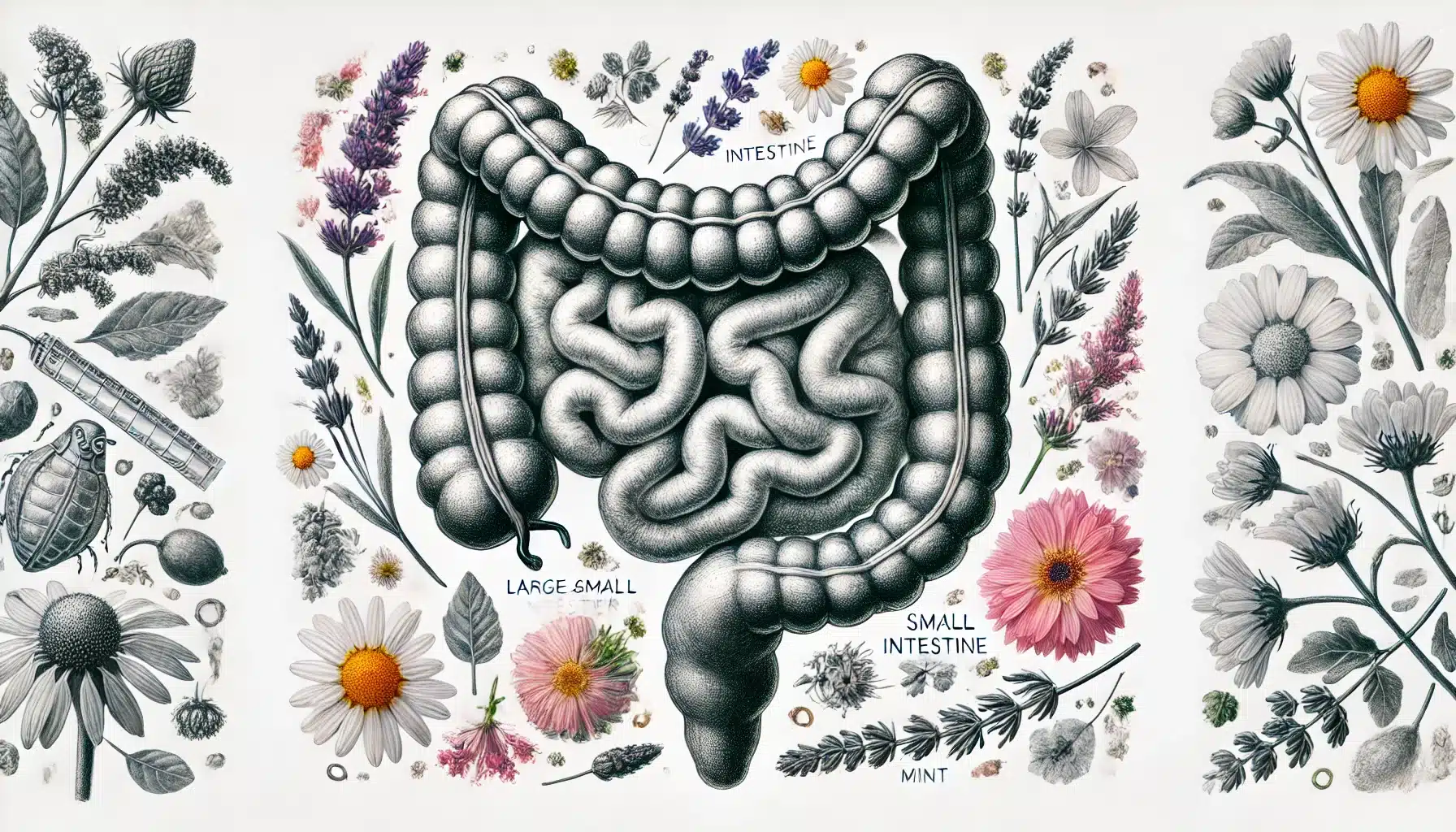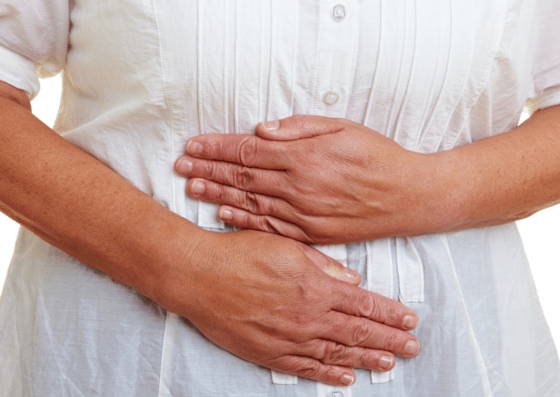What is Small Intestinal Bacterial Overgrowth? 6 Signs You’re Suffering From SIBO
"If you answered yes to any of these questions you may be suffering from SIBO – Small intestinal Bacterial Overgrowth. SIBO is a condition where bacteria normally found in...
22 June, 2024








